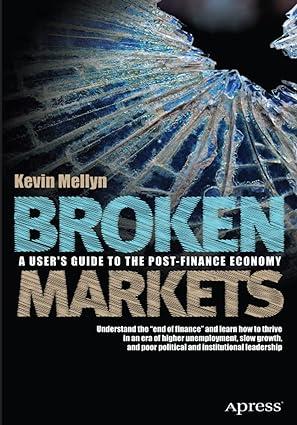Question
Currently your friend has $62,948,000 invested in the ABC fund (which has an expected return of 12% and a standard deviation of 19%) and $13,374,000
Currently your friend has $62,948,000 invested in the ABC fund (which has an expected return of 12% and a standard deviation of 19%) and $13,374,000 in the risk-free asset (which earns 2%). Let "RET" stand for overall expected return your friend has for their overall portfolio (this will have a value that is in between ABC's expected return and the risk-free rate--you will need to calculate it). You are trying to convince your friend that instead of investing in a combination of ABC and the risk-free asset, it would be better to use a combination of the XYZ fund (which has an expected return of 14% and a standard deviation of 21%) and the risk-free asset. If your friend switches, choosing to invest the same total amount of money but in a way to still have an expected return of RET as before, what would be the standard deviation your friend would face for their overall portfolio? Note: that when your friend switches, the total dollars invested overall will be the same as before BUT the relative investment weights will change: the amount invested in XYZ will differ from those that were invested in ABC, and the amount invested in the risk-free will also change Express your answer in decimal format, rounded and accurate to 4 decimal places. For example, if you calculate your friend would face a standard deviation of 12.345%, this should be entered as 0.1235.
Step by Step Solution
There are 3 Steps involved in it
Step: 1

Get Instant Access to Expert-Tailored Solutions
See step-by-step solutions with expert insights and AI powered tools for academic success
Step: 2

Step: 3

Ace Your Homework with AI
Get the answers you need in no time with our AI-driven, step-by-step assistance
Get Started


